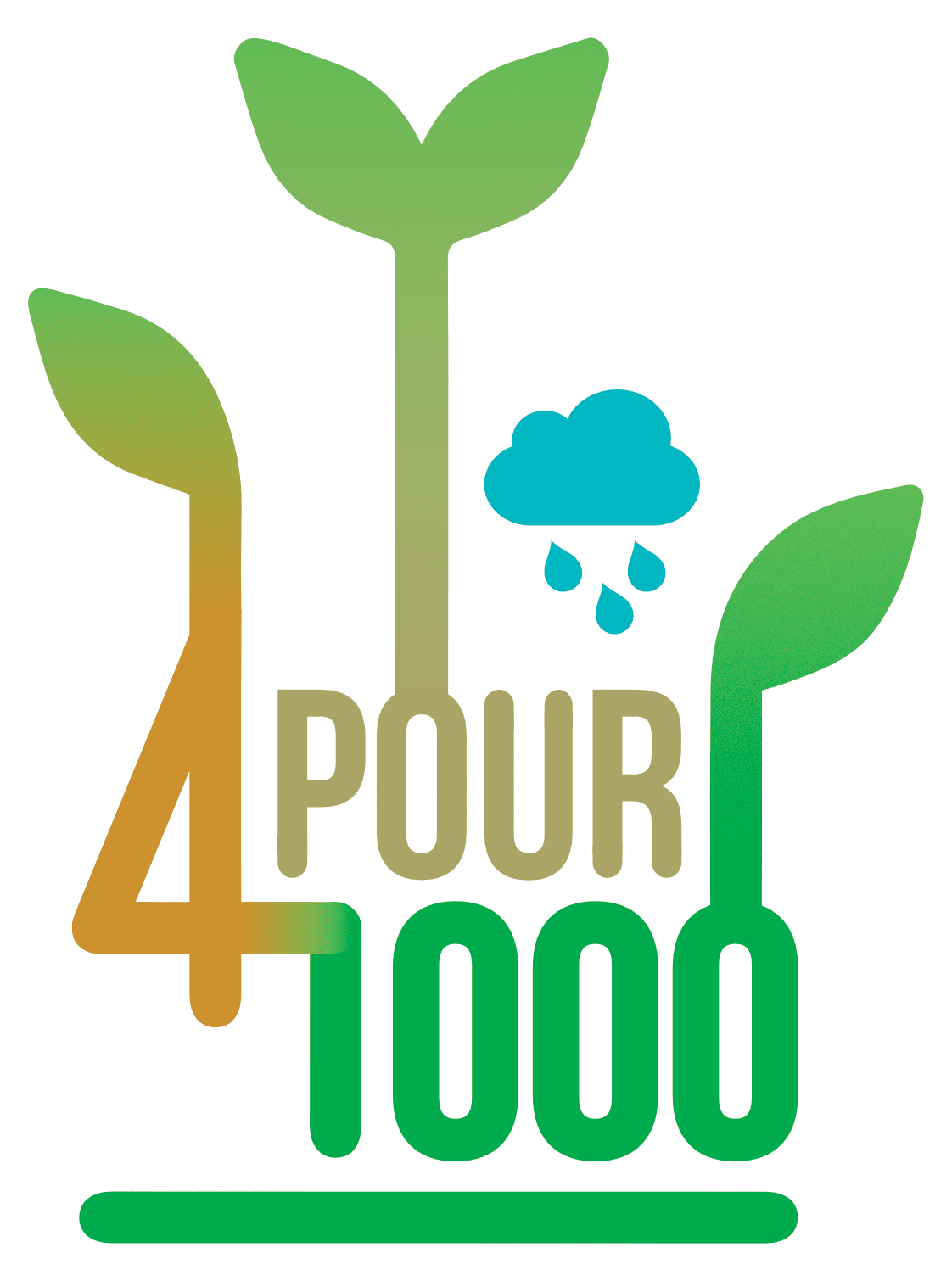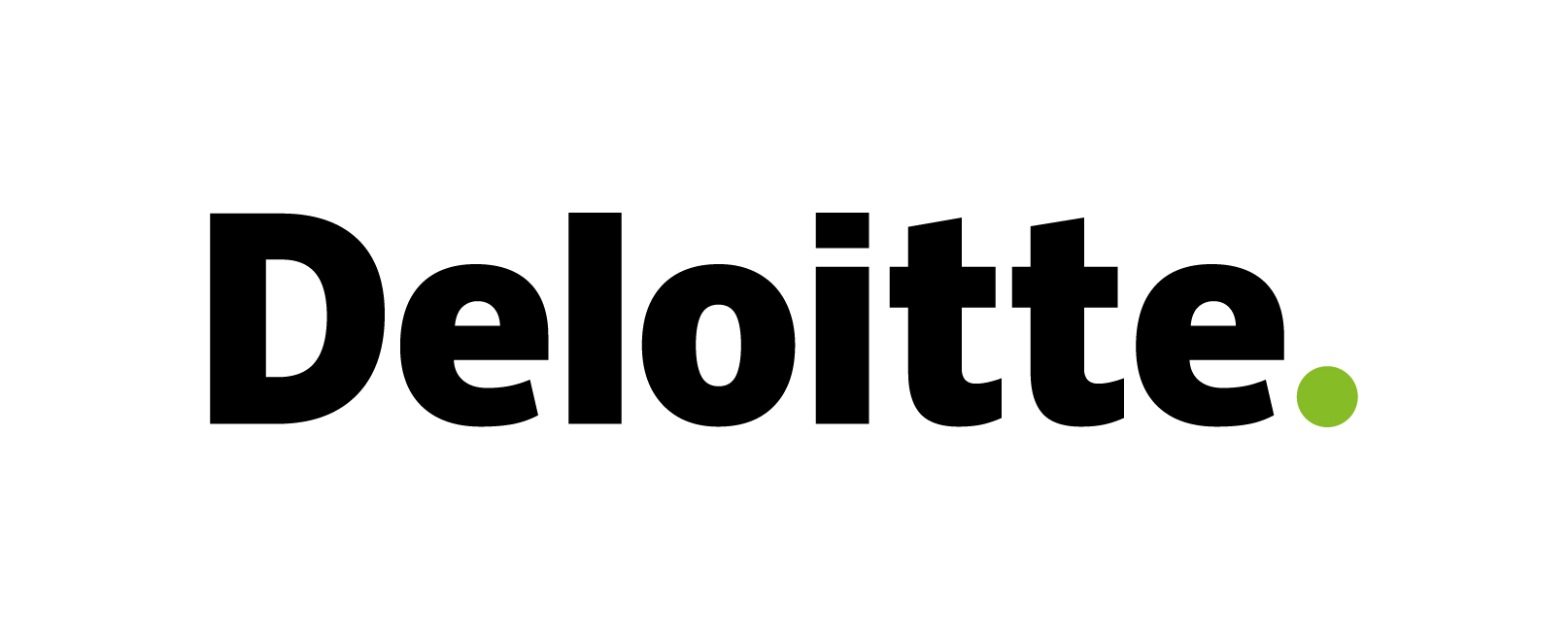
Pour en savoir plus (en anglais)
Since early 2023, the international « 4 per 1000 » Initiative has been embracing the key topic of MRV Systems and Tools, [MRV standing for Monitoring, Reporting and Verification].
Bringing to practitioners a comprehensive understanding and overview of this topic is part of the Vision, Mission, and Strategic Plan of the “4 per 1000” Initiative and is clearly stated in two Strategic Objectives:
- B4 – MRV-Tool Kit
- E1 – Monitoring, Reporting & Verification.
To provide a global, science-based, and user-friendly tool for end-users, the following steps and events have been conducted throughout 2023 and 2024, under the supervision of the « 4 per 1000 » Executive Secretariat and Scientific and Technical Committee.
In this resource:
First approach to MRV systems and tools
- The « 4 per 1000 » Soil Carbon Science Webinar Series: Webinar #3, which sets the scene of this complex subject.
- The MRV Conference jointly organized by the FARM Foundation and the international “4 per 1000” Initiative (Nov. 2023: Impact Measurement Tools for the agroecological Transition; North-South Perspectives.
Non-exhaustive review of the current offering
- The Deloitte Sustainability France Study on MRV Systems related to Soil Health, for the sake of the international “4 per 1000” Initiative.
- The webinar presenting the result of the study, the living inventory and the selection tool
- Direct access to the online living inventory and selection tool
- MRV toolbox – including “4 per 1000” indicators- developed by FAO, in collaboration with the Initiative
First approach to MRV systems and tools
The « 4 per 1000 » Soil Carbon Science Webinar Series, by the “4 per 1000” STC (Scientific and technical Committee)
– Webinar #3, which sets the scene of this complex subject.
This webinar has explored the critical issue of Measurement, Reporting, and Verification (MRV) for soil carbon stocks.
Distinguished speakers – Prof. Alex McBratney of the University of Sydney, and Prof. Pete Smith of the University of Aberdeen – have delved into measurement, modelling, and hybrid approaches by sharing the results of their extensive research on technologies for measuring and auditing SOC (Soil Organic Carbon) change along with approaches in simulating and projecting change in SOC.
In this webinar, they have shared their vision for a global framework for MRV of SOC stock change, supporting national and international endeavours, while reshaping our approach to soil management.
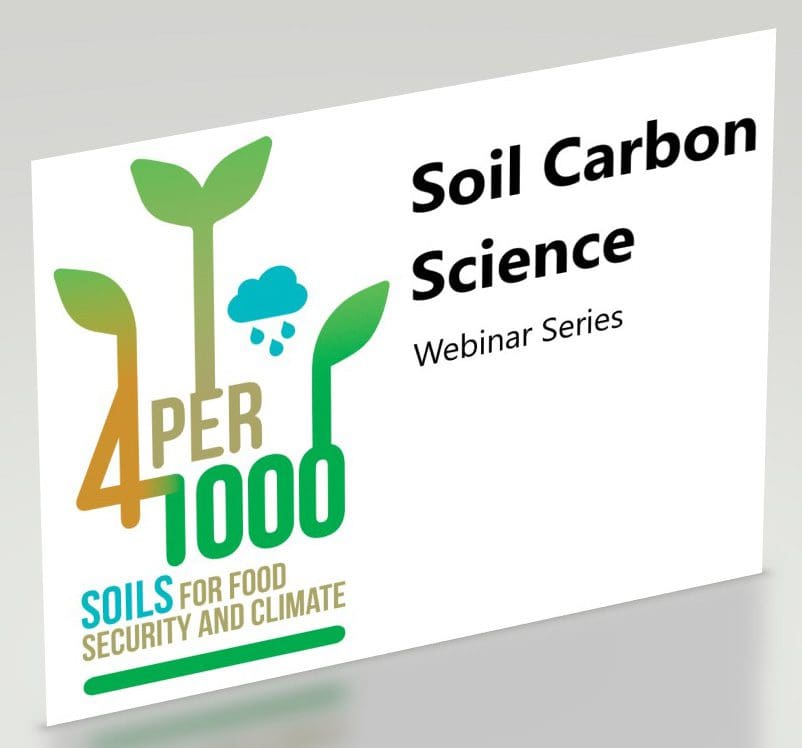
The MRV Conference jointly organized by the FARM Foundation and the international “4 per 1000” Initiative, on 14 November 2023, in Montpellier, France:
– Impact Measurement Tools for the agroecological Transition; North-South Perspectives.
A conference organized in situ in Montpellier, France, gathering 40 speakers and participants to collect, understand and confront the points of view of different stakeholders’ groups (Policy makers, Farmers, Scientists, Private Companies, etc.) on the necessity of MRV systems and their key role in the agroecological transition.
This conference was led and initiated by the President of the “4 per 1000” Initiative, Mr. Stéphane Le Foll.
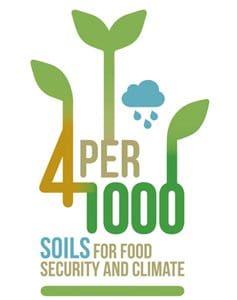
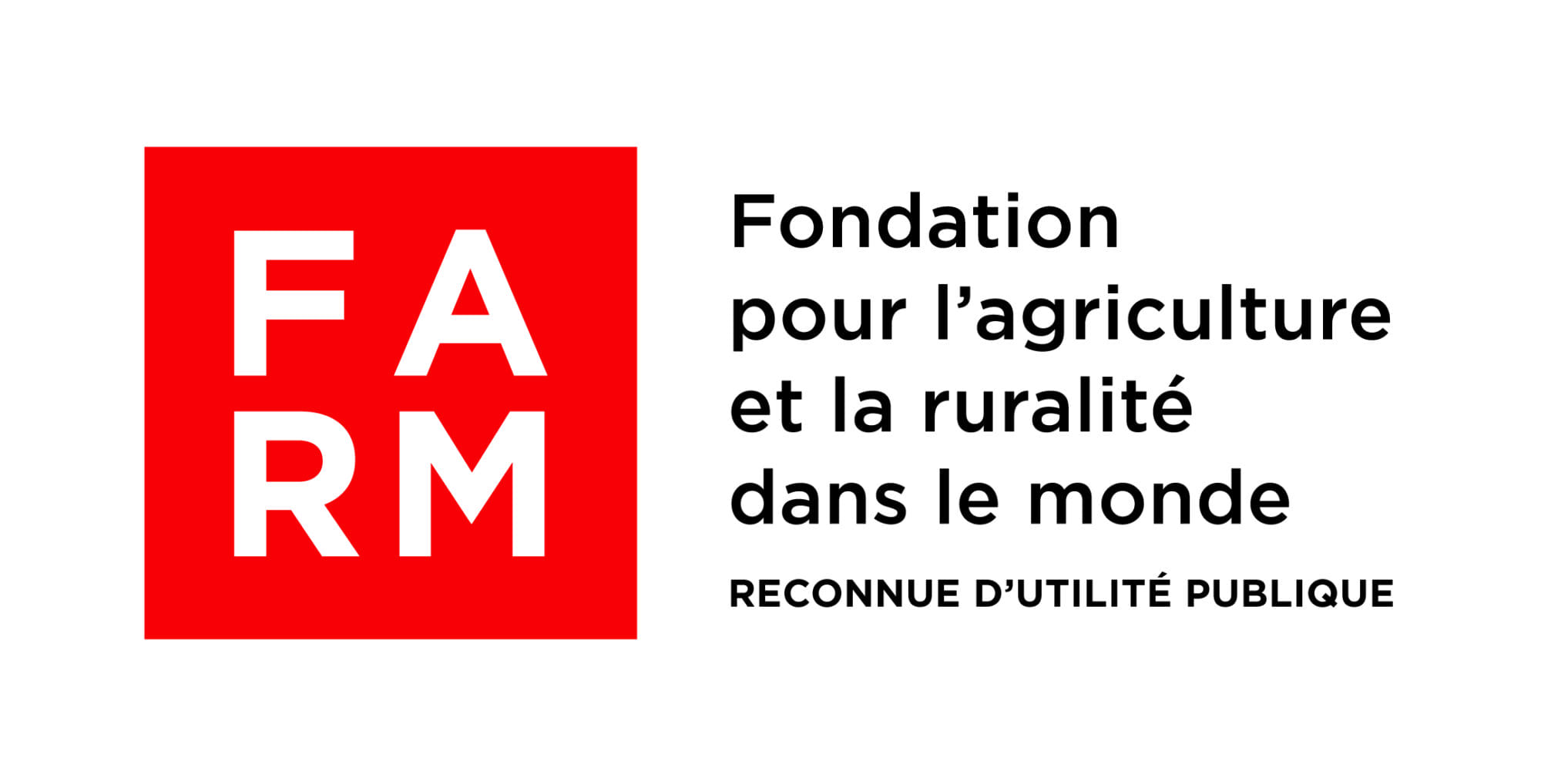
Non-exhaustive review of the current offering
The Deloitte France Study on MRV Systems related to Soil Health, for the sake of the international “4 per 1000” Initiative.
The Deloitte France Study focuses on the needs for MRV tools and provides an inventory of MRV (systems and tools), they collected, through interviews of key experts in the MRV systems constellation (scientists, private MRV tools providers, etc.).
It insists on the purpose of MRV systems which is to enable organizations to
- Quantify the environmental impact of agroecological practices;
- Track progresses on their deployment;
- Support farmers transition in the deployment of agroecological practices.
This inventory of MRV solutions aims at simplifying the decision-making process, by compiling existing solutions and detailing their specificities.
The living inventory, showing a full scope of 48 criteria (different functionalities like: geographical scope, etc.) which can be chosen by organizations interested in the end results. This non-exhaustive inventory of existing tools will be regularly updated with new tools, at the suggestion of their respective developers.
Nota bene
(1) The agreed definition of MRV, being used in the study, is ORCaSa’s one, stating that a MRV is intended to monitor the processes for quantifying the impact of a project on climate change mitigation, report results and activity data to stakeholders, and verify the veracity and accuracy of results by external parties.
The EU-funded project ORCaSa, led by INRAE, will launch, and roll out the initial operational phases of the IRC (International Research Consortium) on Soil Carbon, as the coordinator of soil carbon research and innovation. The « 4 per 1000 » Scientific and Technical Committee has become the interim IRC Scientific and Technical Committee in 2024.
(2) The tools mentioned in Deloitte France inventory have not been evaluated by the « 4 per 1000 » Initiative, which, consequently, makes no recommendation or validation regarding these tools and their use
The international « 4 per 1000 » Initiative is thankful to Deloitte France for the huge work conducted by the Sustainability team and very grateful to Deloitte Foundation France, which funded this study, and made it possible for the « 4 per 1000 » Initiative to benefit from this ‘pro bono’ study which enabled to push further the knowledge on this key subject and make it available for all practitioners.
Deloitte France and the « 4 per 1000 » Initiative also insist on thanking all the stakeholders who agreed to be interviewed and challenged during this very important study.

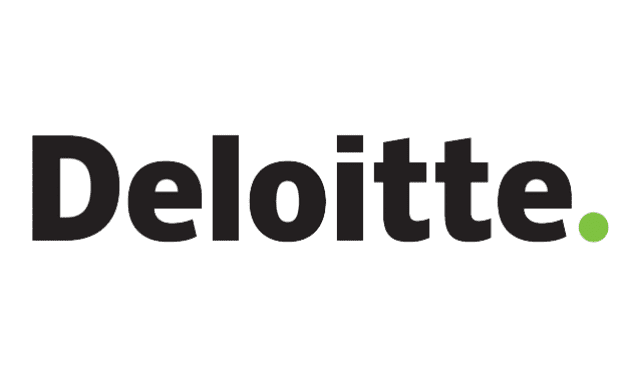
The MRV webinar jointly organized by the international « 4 per 1000 » Initiative and Deloitte France, on 19 March 2024, online:
Joint webinar on MRV Systems, related to Soil Health, in the context of Agroecology
This webinar has focused on MRV related to Soil Health, in the context of soil carbon storage and agroecology.
The panel of speakers was composed of Dr Luu, Executive Secretary of the « 4 per 1000 » Initiative and three persons from the Sustainability team of Deloitte France: Ms. Marine Pochat, Sustainability Director; Ms. Gabriella Cevallos, Agri-Climate Manager and Ms. Aliette Lefranc, Consultant.
Dr Luu has reminded the participants about the Vision, Mission, and Strategic Objectives of the « 4 per 1000 » Initiative, especially Strategic Objectives: B4 – MRV-Tool Kit & E1 – Monitoring, Reporting & Verification. Then, the Deloitte Sustainability team presented the needs for MRV tools and the results of the inventory of MRV (systems and tools) they collected, through interviews of key experts in the MRV systems constellation (scientists, private MRV tools providers, etc.).
Direct access to the online living inventory and selection tool
This living inventory is accessible through the link provided below for end-users wishing to find some guidance in their choice of MRV tools.
It is provided embedded in an EXCEL file: open the Deloitte webpage indicated, browse it and press [Download the MRV inventory]. This will download the file « 4p1000_Outil_MRV_vf.xlsm », which operates the Inventory on your system.
ATTENTION:You have two preliminary steps to take to use the proposed tool.
1. Enable macros in the EXCEL file provided
The inventory is using an EXCEL file with Macros enabled to search and display MRV tools: this might interact with antivirus and anti-piracy tools installed.
You will have to enable macros on the downloaded file to be able to operate it:
- Unlock this EXCEL file at system level (Windows/ macOS): display the properties of the downloaded file and select [Unlock] in the file properties/security/ »This file comes from another computer… » section
- Unlock it further after opening it for the first time in EXCEL:
- Click [Allow modification] of the file
- and click [Activate content] when EXCEL says macros have been de-activated for security reasons
2. Understand how the Inventory works
To get the most out of the inventory, you will probably need to filter the results by different search criteria.
Start by reading the User Guide:
- to display the User Guide, click to display the left-most spreadsheet of the Excel workbook
- This spreadsheet called « General Information » tells you all you need to know
With this, you are ready to go!
Note: the makers advise you to check here every 3-4 months to download the latest update of this tool.
MRV toolbox – including « 4 per 1000 » indicators – developed by FAO (Food & Agriculture Organisation of the United Nations), in collaboration with the Initiative.
Thanks to a dedicated funding of the French Ministry of Agriculture and Food Sovereignty, the international « 4 per 1000 » Initiative, during the last two years, has been able to work in close relationships with the FAO teams to include indicators from « 4 per 1000 », in the three MRV tools developed by FAO:
- ABC-Mp
- NEXT (Nationally Determined Contribution Expert Tool)
- AURORA (Assessment, Understanding and Reporting Of Restoration Actions)
These latter are accessible below with direct gateways to their three platforms.
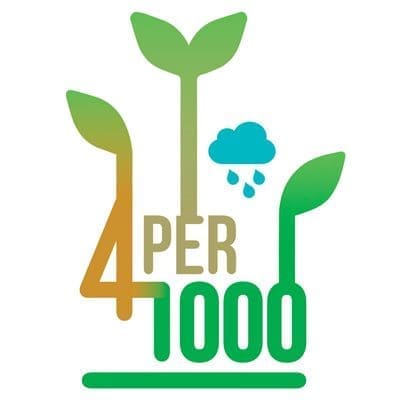

ABC-Map
ABC-Map was designed with the specific objective of holistically assessing the environmental impacts of national policies, plans and investments in the agriculture, forestry, and other land use (AFOLU) sector through Google Earth-based satellite imagery.
ABC-Map helps to develop synergies and trade-offs between climate, biodiversity, and land restoration actions.
The adaptation section helps to understand exposure to climate change risks and to assess climate change over time in each area.
The biodiversity section covers a series of indicators that are intended to complement each other and provide a more comprehensive view of pressures and impacts on biodiversity.
The carbon section aims to account for GreenHouse Gas (GHG) emissions in the AFOLU sector and work towards their reduction.
NEXT (Nationally Determined Contribution Expert Tool)
NEXT is a greenhouse gas accounting tool developed to support annual environmental impact assessment for the Agriculture, Forestry and Other Land Use sector (AFOLU).
It provides a 30-year time series of annual and cumulated estimates of carbon removal and greenhouse gas emission reductions from actions determined by Parties in their climate policies.
The tool was designed to provide results that directly respond to the provisions of the Enhanced Transparency Framework and support the Nationally Determined Contributions (NDC) development as required by the modalities, procedures, and guidelines.
NEXT provides a detailed temporal series of results and a wide set of indicators, including the social value of carbon, enabling a comprehensive environmental and economic overview of climate actions in achieving mitigation targets.
The tool helps countries to interpret, track and scale up ambition of their NDCs.
AURORA (Assessment, Understanding and Reporting Of Restoration Actions)
AURORA is a web application to help set up systems for monitoring restoration projects.
This app, called AURORA, aims to help stakeholders develop a monitoring system tailored to their needs by identifying indicators and metrics to monitor progress toward their set goals.
The application, based on the publication « The road to restoration », considers two main priorities: the integration of technologies into monitoring systems, and the continual involvement of local stakeholders in ongoing projects.
